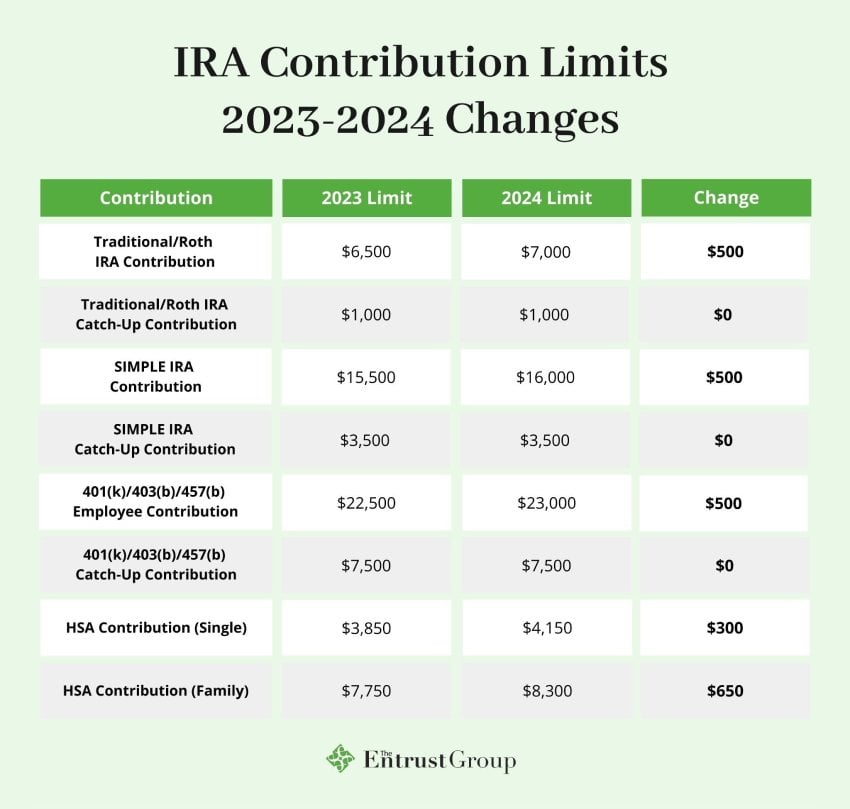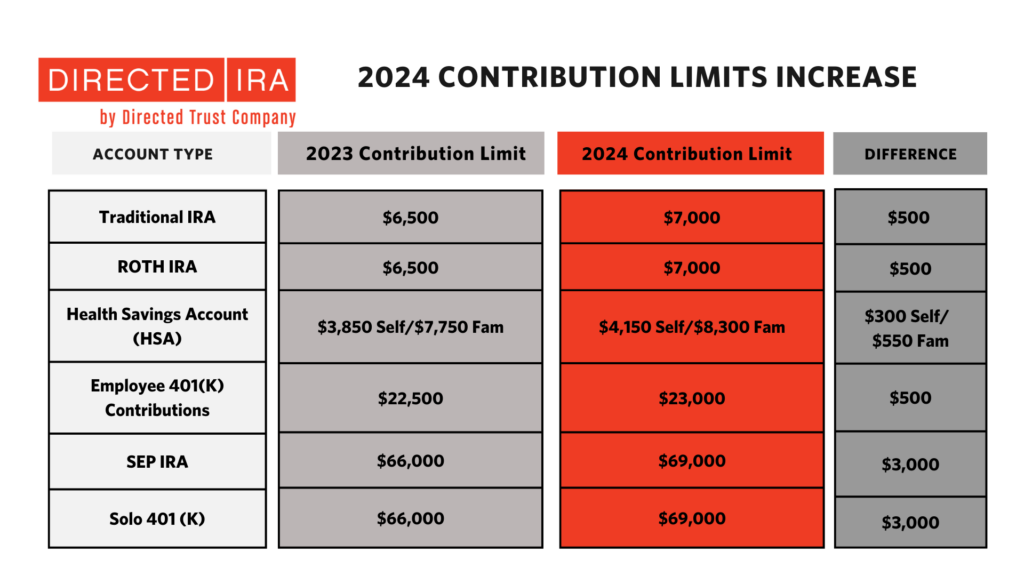Table of Contents
- 1 Major 401(k) Contribution-Limit Change Coming in 2025
- Older workers can contribute more to their 401(k)s in 2025: Here's why
- Roth Ira Contribution Limits 2025 Over 50 - Ladan Bailey
- Here’s how much 401(k) contribution limits are likely to rise next year ...
- Changes to 401(k) Contribution Limits for 2020 | ConnectPay
- 1 Major 401(k) Contribution-Limit Change Coming in 2025
- Catch-Up Contributions Into a Roth 401(k) Isn't a Bad Idea | Kiplinger
- Catch-Up Contributions Into a Roth 401(k) Isn't a Bad Idea | Kiplinger
- Roth 401 K
- 2025 Roth Ira Contribution Limits 401k Roth - Roy M Becker



2025 401(k) Contribution Limits: What's Changing?



Key Updates and Considerations




What to Do Next
To maximize your 401(k) contributions in 2025, consider the following steps: 1. Review your budget: Assess your income and expenses to determine how much you can afford to contribute to your 401(k) plan. 2. Adjust your contributions: If you're not already contributing the maximum amount, consider increasing your contributions to take advantage of the higher limit. 3. Consult with a financial advisor: If you're unsure about how to optimize your 401(k) contributions or need help with retirement planning, consider consulting with a financial advisor. 4. Take advantage of catch-up contributions: If you're 50 or older, don't forget to take advantage of the catch-up contribution limit to boost your retirement savings. In conclusion, the 2025 401(k) contribution limits offer a great opportunity to maximize your retirement savings. By understanding the key updates and considerations, you can take advantage of the increased contribution limits and make the most of your 401(k) plan. Remember to review your budget, adjust your contributions, and consult with a financial advisor if needed. With a solid retirement savings strategy in place, you can secure a more comfortable and financially stable future.By following these tips and staying informed about the latest updates on 401(k) contribution limits, you can make the most of your retirement savings and achieve your long-term financial goals.